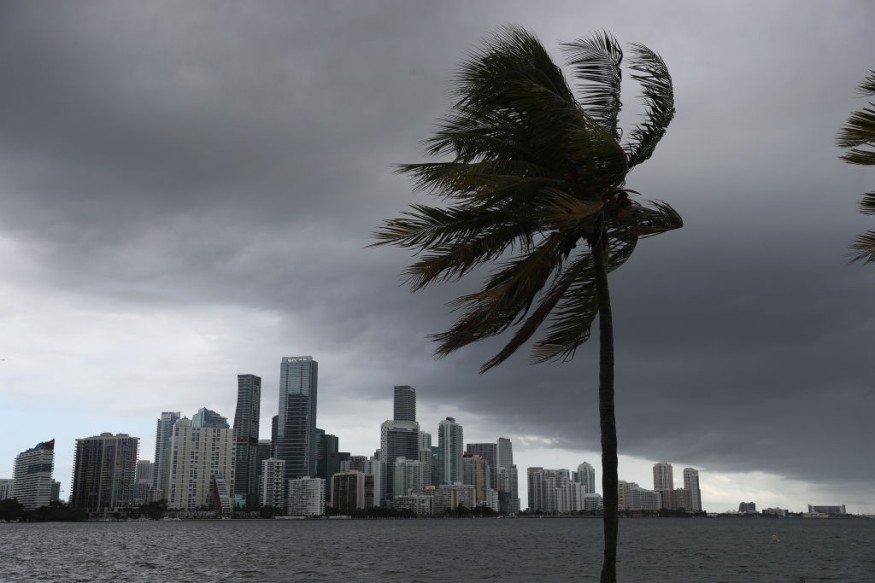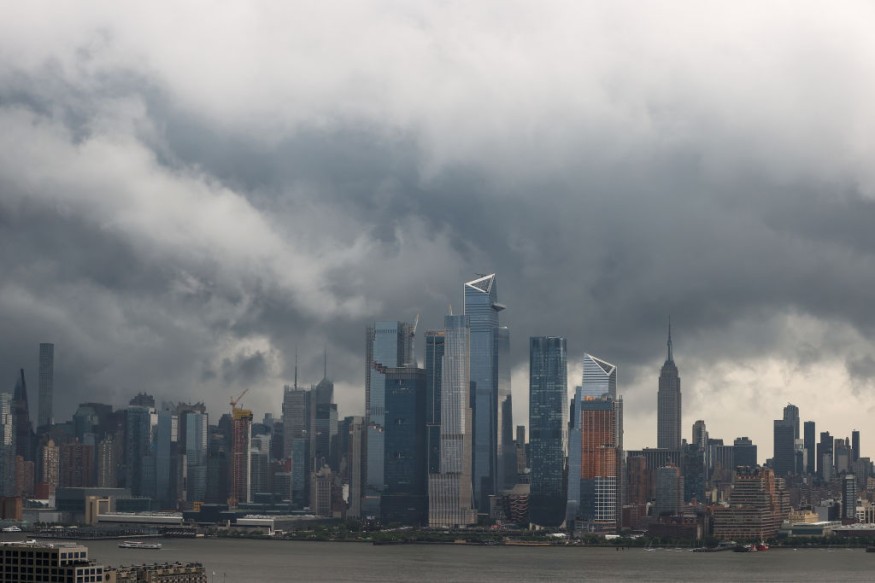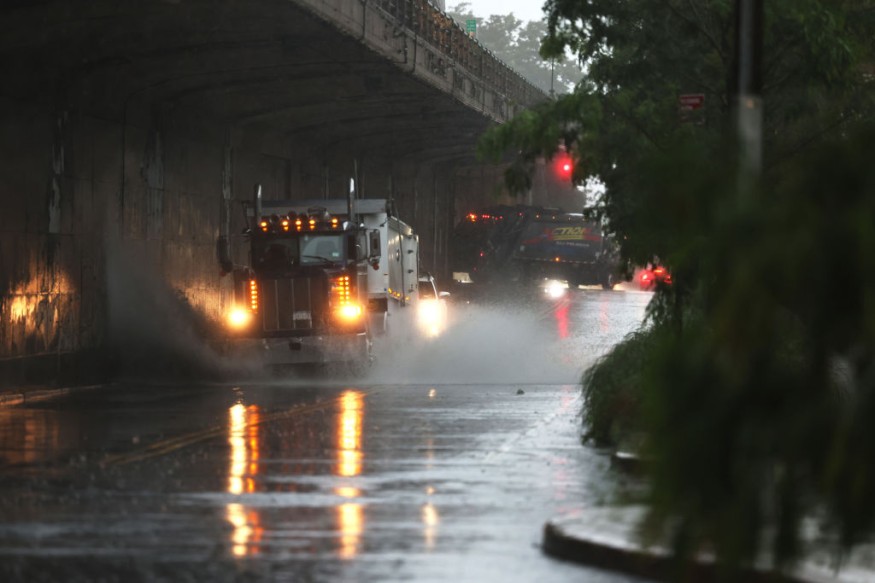According to a new study, climate change would bring more hurricanes to midlatitude zones, including large population centers like New York, Boston, and Shanghai.

Tropical Cyclones
According to a study published this week in the peer-reviewed British journal Nature Geoscience, tropical cyclones, often known as hurricanes or typhoons, will expand from the tropical regions where they are currently expected. The conditions that cause storms will become more common farther north in the northern hemisphere and farther south in the southern hemisphere due to global warming.
Most of the world's leading cities are located in midlatitude zones, indicating that the more widespread hurricanes will have the power to wreak significantly more damage.
Developing in Various Latitudes

Hurricanes would develop in a wider variety of latitudes in the twenty-first century than they have in the last three million years, according to the lead author of the research, Joshua Studholme, a physicist in Yale's Department of Earth and Planetary Sciences. "This is a significant, under-estimated climate change concern," he said.
The Hadley cell, a global wind pattern in which air moves poleward at the height of about 6 to 9 miles but returns toward the equator as it drops toward ground level, is the cause of the shift in hurricane latitudes. A decrease in the difference between surface temperatures close and distant from the equator results from climate change. Warming occurs more rapidly at higher latitudes because of feedback loops such as melting sea ice, loss of snow cover, and thawing permafrost, producing even more warming. However, air at higher elevations warms faster in the tropics.
When the jet stream is traveling northward in the northern hemisphere, hurricanes can reach higher latitudes, prohibiting them from flowing farther north.
Worsened by Global Warming
According to Yahoo News, the [Hadley] circulation expands as a result of global warming, and the jet streams migrate poleward with it, according to research co-author Kerry Emanuel, a professor of atmospheric physics at the Massachusetts Institute of Technology.
Some hurricanes have already made landfall in areas in the increasingly at-risk regions. Subtropical Storm Alpha made landfall in Portugal in 2020, marking the first time a subtropical or tropical storm struck the country.
Evolving Cyclones

Tropical cyclones likely evolved in the subtropics, according to Studholme and colleagues from Yale University, MIT, the Shirshov Institute of Oceanology in Russia, and the University of Reading in England. They evaluated computer simulations of warmer temperatures from the Earth's past. That hasn't been the case in the last 3 million years, but if temperatures continue to rise, it will most likely occur shortly. In addition to hurricane-related wind damage and severe rainfall, the risk of flooding from storm surges will increase as sea levels rise due to climate change.
"Some of the most populous beach cities in the world - think New York, Tokyo, Shanghai, and so on - are not deep in the tropics," Emanuel remarked. "They're a little bit further away than I thought." Hurricanes have always occurred, although only rarely. They're going to have problems if they start having more storms, if they get stronger, and if they push water on top of an already increased sea level."
Temperatures on average have risen by 1.2 degrees Celsius (2.2 Fahrenheit) in the previous 150 years, quicker than at any other period in human history. According to the Intergovernmental Panel on Climate Change, the amount to which the Earth warms more in the next 80 years might vary by several degrees, depending on how much greenhouse gases that cause warming are generated.
"The temperature differential between the tropics and the poles has a lot of influence over this, and it's very closely tied to overall climate change," Studholme told BBC News. At the end of this century, a high emission scenario and a low emission scenario have a massive difference in that gradient. In terms of how these hurricanes play out, that might be highly significant."
For more news about making the environment sustainable, don't forget to follow Nature World News!
© 2025 NatureWorldNews.com All rights reserved. Do not reproduce without permission.





